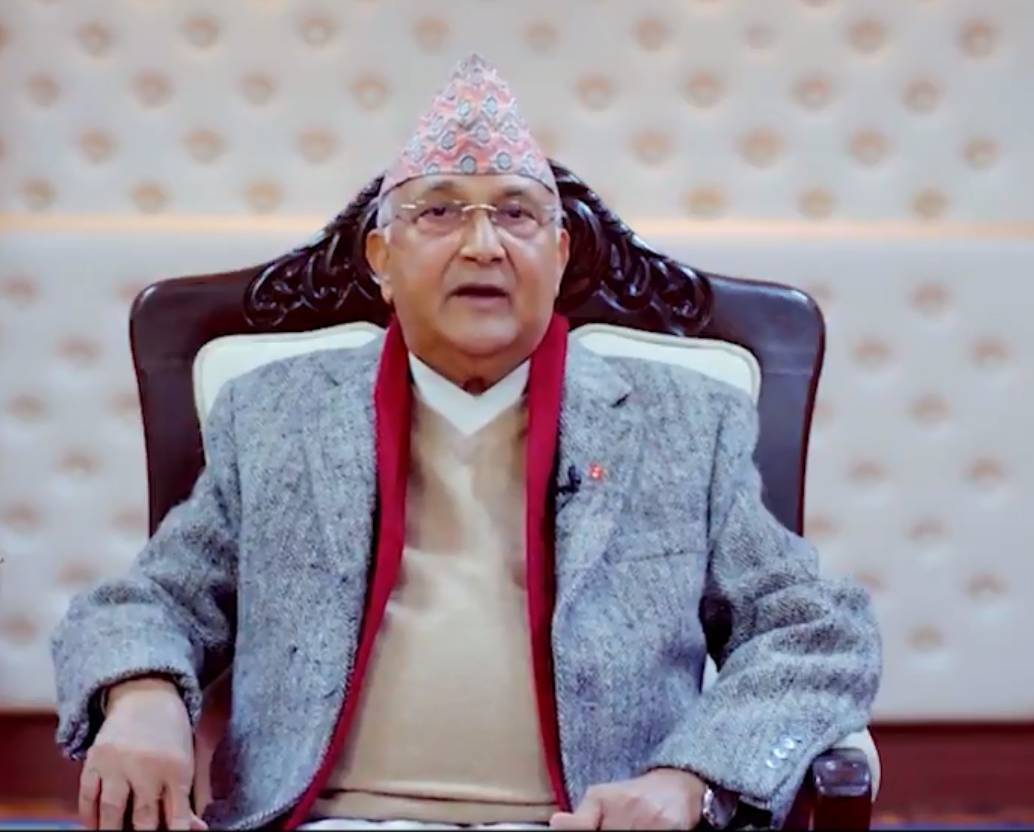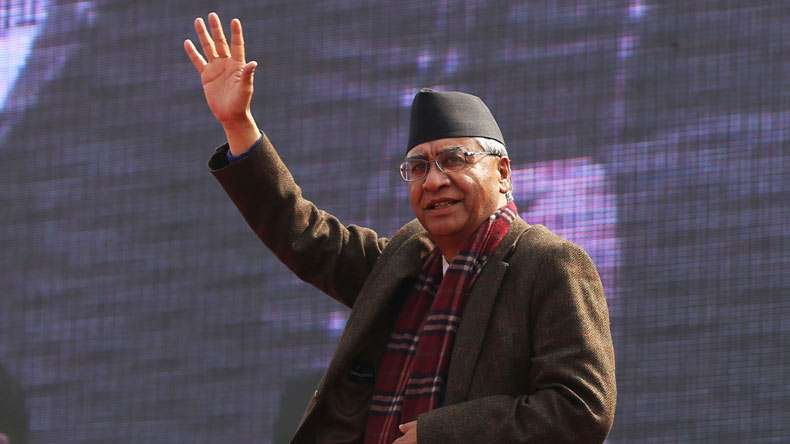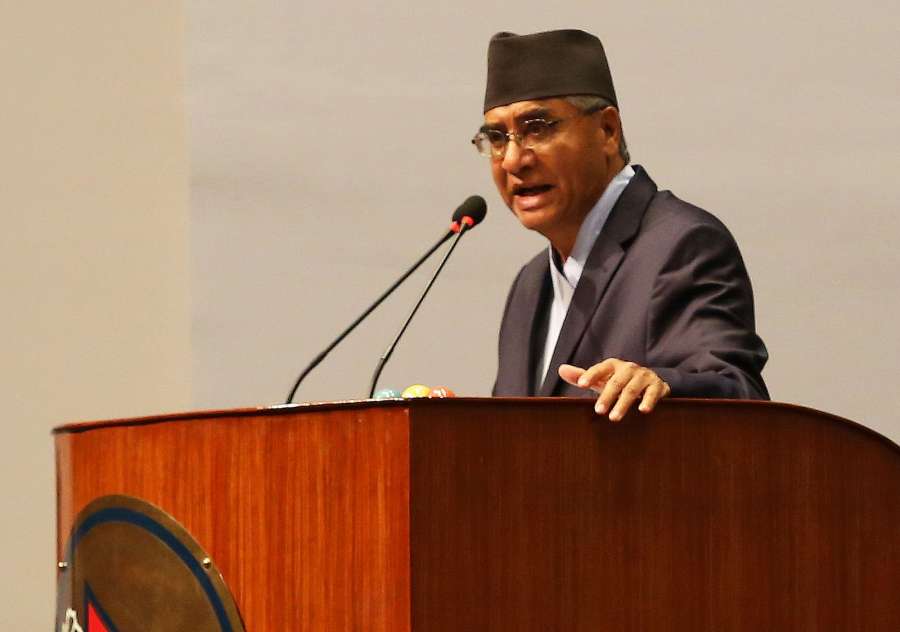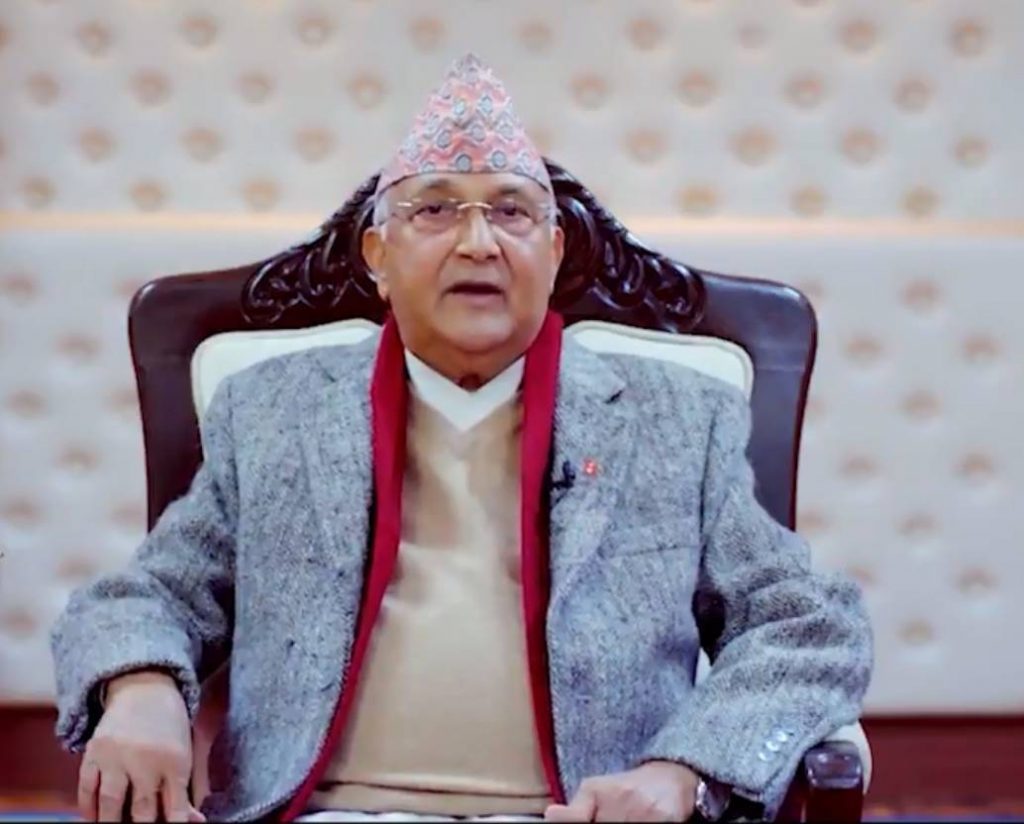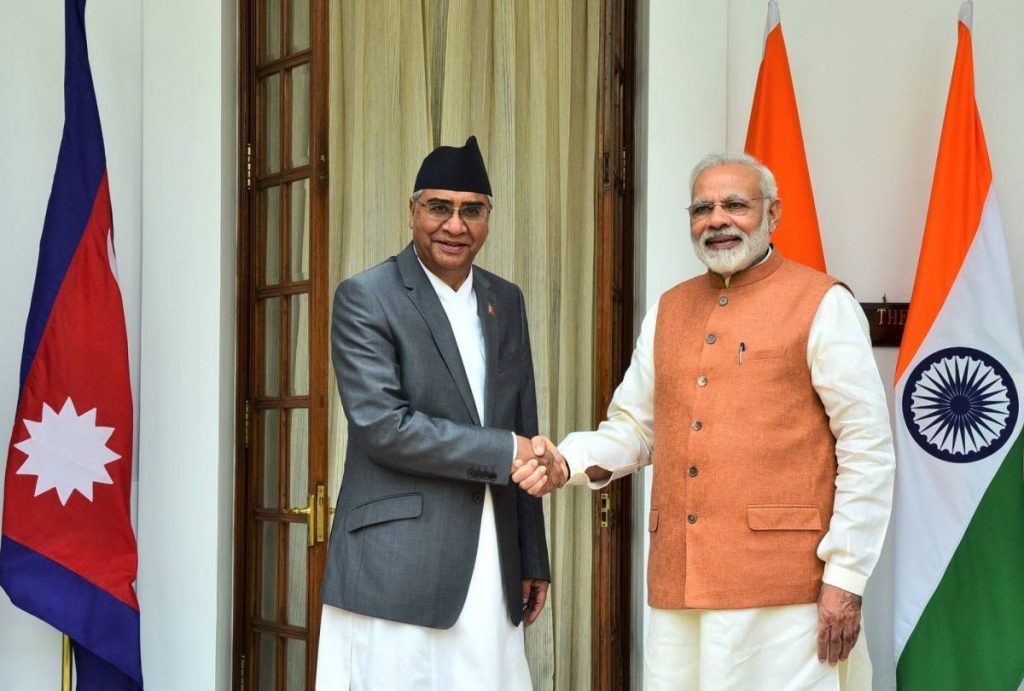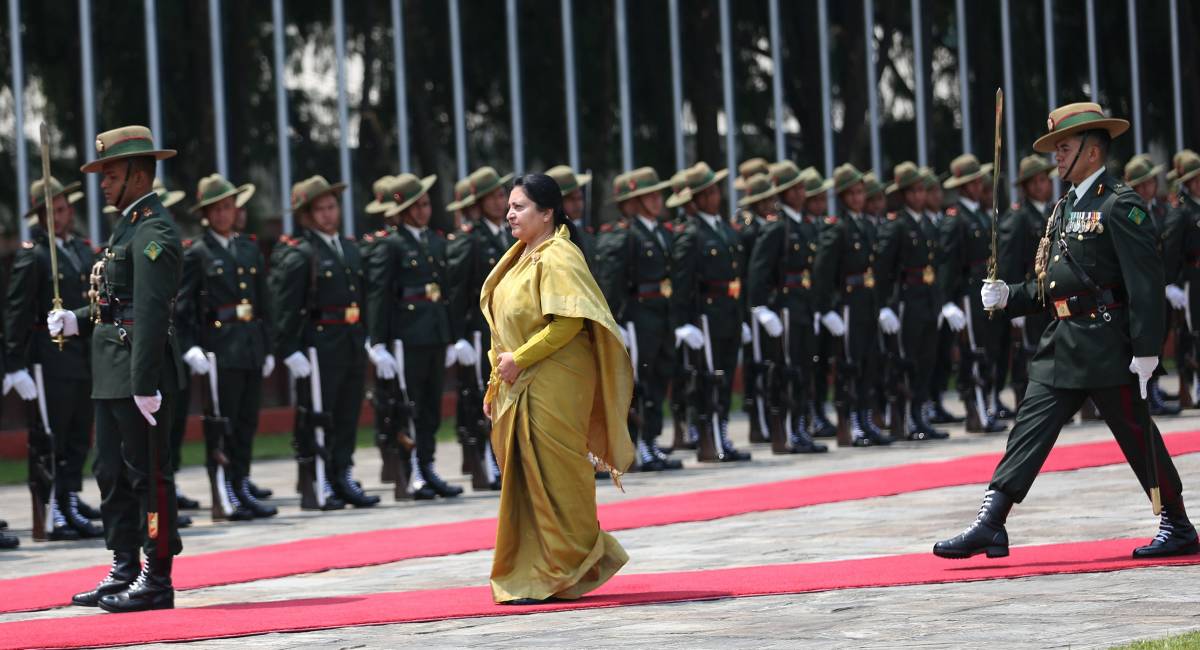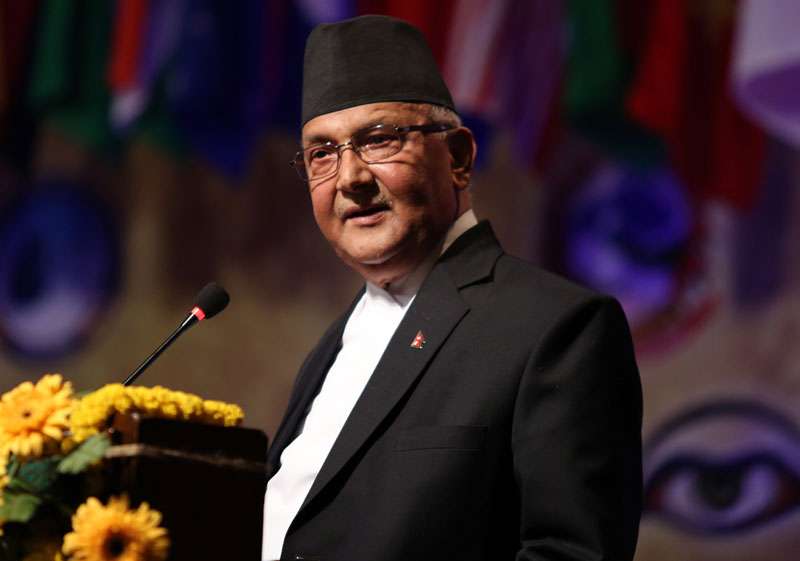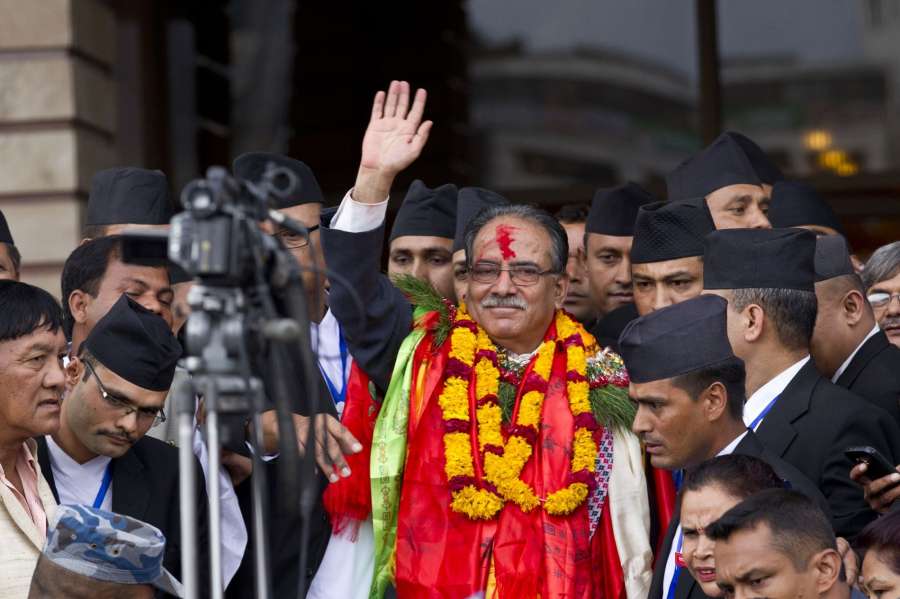The former Nepali PM said that external forces have developed an unnecessary interest in the formation of the government in Nepal, reports Asian Lite News
Chairman of Nepal’s ruling party UML and former Prime Minister K.P. Sharma Oli once again vented his ire against India on Saturday, saying that the neighbouring countries are taking unnecessary interest in the formation of the government in the Himalayan country.
At a programme organised in Kathmandu, Oli said that external forces have developed an unnecessary interest in the formation of the government in Nepal.
With the support of UML and Oli, the Chairman of CPN (Maoist Center), Pushpa Kamal Dahal aka Prachanda, has become the Prime Minister of Nepal after the single largest party in the Parliament, Nepali Congress, refused to hand over the PM’s post to Prachanda.
Before the November 20 elections, Nepali Congress and Maoist Center had an electoral alliance where they fought the elections together under the democratic-left alliance.

But after the elections, Nepali Congress refused to give the post of Prime Minister to Prachanda at the last minute. UML’s Oli then took a chance and extended support to Prachanda in a dramatic move.
On Saturday, Oli said that some neighbours are still trying to cross the wall and interfere with the internal affairs of the country.
“This is a government formed by Nepalis. There were some attempts not to allow Nepalis to form the government,” Oli said, without naming India.
“I urged our neighbours not to innerve in our government formation process. Some forces were trying to destabilise Nepal’s politics, but we gave it stability,” said Oli.
The former Prime Minister is known as a nationalist leader who had won the elections in 2017 under the nationalist plank.
He had again raised the anti-India sentiment and the issue of boundaries during the November 20 elections.
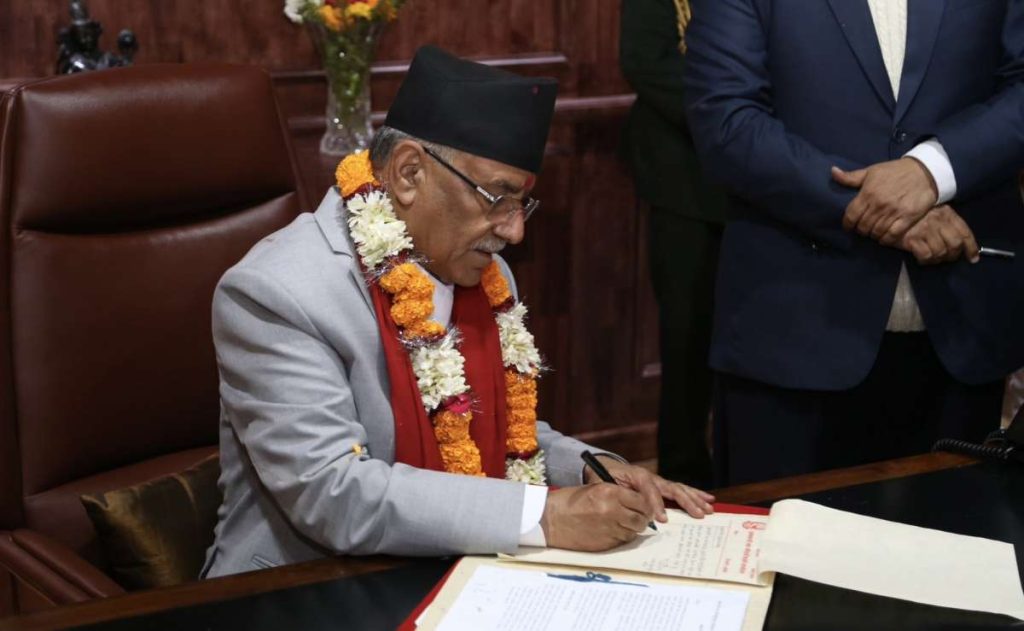
With the support of UML, Rastriya Swatantra Party, and others, Prachanda was sworn-in as the Prime Minister on December 26 last year.
“Some of our friends, not through the door but by jumping over the the wall, are entering our house and trying to change the government, which is not possible. This kind of activity is not accepted,” said Oli.
“I urge our neighbors not to intervene in the internal matters of Nepal,” he added.
This is not the first time that Oli had vented his ire against India.
Nepal had issued a new map in May 2020, when Oli was the Prime Minister, incorporating a disputed territory which falls in India, leading to a territorial dispute between the two neighbouring countries.

